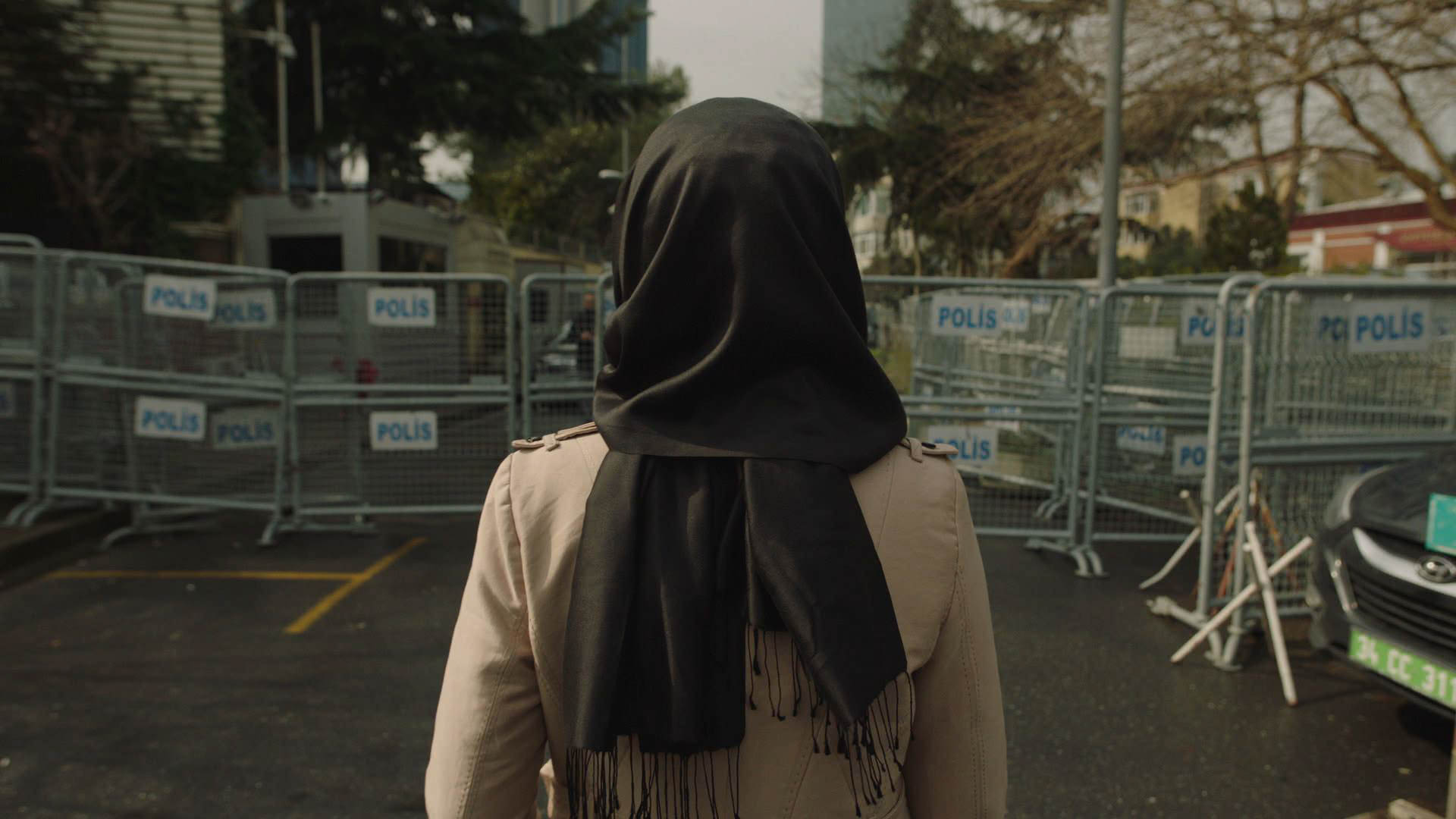
- Box Office
“The Dissident” Spotlights the Battle for Democracy in Saudi Arabia
Since the onset of the Arab Spring, the Sundance Film Festival has been a platform for in-depth documentaries. From Egypt, Libya, Syria, Iraq, and the Yemen, audiences have been taken behind the news headlines and introduced to the people who risk their lives facing brutal regimes for freedom and democracy. Many of those documentaries left the festival with prestigious awards and went on to win more accolades and garner Oscar nominations, like Jehane Noujaim’s The Square (2014), Firas Fayyad’s Last Men in Aleppo, and Talal Derki’s On Fathers and Sons.
This year and for the first time the festival turns its spotlights to the fight for freedom and democracy in Saudi Arabia. But this battle is different from other Arab countries, where people came out en mass to face their dictators, though no less brutal according to, The Dissident, a documentary about the murder of Saudi journalist and political activist, Jamal Khashoggi, by agents of his government in Istanbul. The film is directed by Bryan Fogel, who won the Oscar for Best Feature Documentary in 2017 for his Russian doping documentary, Icarus.
The Dissident is told like a Hollywood thriller. It opens with a 28-year-old Saudi political activist, Omar Abdul Aziz, who lives in fear in Canada, as death threats constantly flash on his cellphone. And through his horrific experience, the film offers a glimpse into the hardship his mentor, Jamal Khashoggi, was also enduring.
Khashoggi came from Saudi aristocracy and was close to the Royal Family. When crown prince, Mohammad Bin Salman (MBS), took the reins of power in Saudi Arabia and embarked on reforming a strictly conservative and socially corrupt Saudi system, Khashoggi praised him but continued to campaign against the stifling of freedom of expression and lack of plurality of opinion in the Kingdom. And when he was ordered to cease, he declined and left Saudi Arabia to live in exile, where he joined forces with other Saudi dissidents and became their mentor. Together, they organized and directed campaigns against the government by using Twitter to reach the Saudi people, 80% of whom were active on the social media platform.
Soon after the dissidents started launching their campaigns, the government recruited thousands of social media experts to monitor its citizens’ activities on Twitter and create tens of thousands of fake accounts to spread its own propaganda and counter the dissidents’ campaigns. The result was an avalanche of abuse and death threats against Khashoggi who was branded a traitor.
But the Saudi government couldn’t silence Khashoggi, whose scathing criticism of the crown prince was published by the Washington Post and voiced on other international platforms. Giving his intimate knowledge and understanding of the Saudi establishment, the Government decided to silence him for good, resorting to the help of Israeli software company, NSO, who provided them with its spyware, Pegasus.
Pegasus enabled the Saudis to hack into anyone’s electronic devices and monitor them. They couldn’t hack into the devices of circumspect Khashoggi, so they hacked into Abdul Aziz’s cellphone, which gave them access to his mentor moves and plans.
Initially, Saudi agents tried to entice Abdul Aziz back home, but Khashoggi warned him against it, and he declined the offer. So they arrested 13 of his friends and his brother, who died under torture in prison.
Khashoggi spent most of his time in Turkey, where he met with Turkish journalist Hatice Cengiz. The couple became close and decided to marry, which necessitated visiting the Saudi Consulate to finalize his divorce from his Saudi wife.
On his first visit, he was treated kindly and told to return in five days to collect the papers. But that was only a ploy, for when he did, he was escorted to the Consul’s office, where after exchanging quick pleasantries, the Consul left the office and an assassination team, which had just arrived from Saudi Arabia, entered. They aggressively demanded his return home with them, but he refused. They reacted with verbal abuse at him before they started suffocating him until he passed out. Then they took off his clothes and dismembered him. All this chilling exchange is read from transcripts, which were provided to the filmmakers by the Turkish authorities, who had an audio recording of the events.
The murder of Khashoggi spread fear among Saudi dissidents, given that it didn’t cause any negative repercussions to the Saudi government, in spite of the compelling evidence of its complicity in the operation. The Saud dynasty continued to have the backing of the US president, Donald Trump, who stated that he wouldn’t let such an incident jeopardize the jobs of thousands of Americans, who are supported by Saudi money.
The Dissident shows how the crown prince is so confident of his impunity that he hacked into the cellphone of his friend, the wold’s richest man, Jeff Bezos because he didn’t stand by him and let his newspaper, The Washington Post, blame him for the murder.
Amazingly, the Saudi dissidents in the diaspora haven’t given up. Abdul Aziz and his friends have launched a youtube channel to reach their people at home, but according to The Dissident the prospect for democracy and freedom of expression there remains a distant dream
Meanwhile, on the other side of Park City, Saudi Filmmaker Haifaa Al Mansour offered a more optimistic view at a Q/A held after the screening of her movie, The Ideal Candidate, suggesting that change can be achieved from the inside through dialogue and educating people through art.